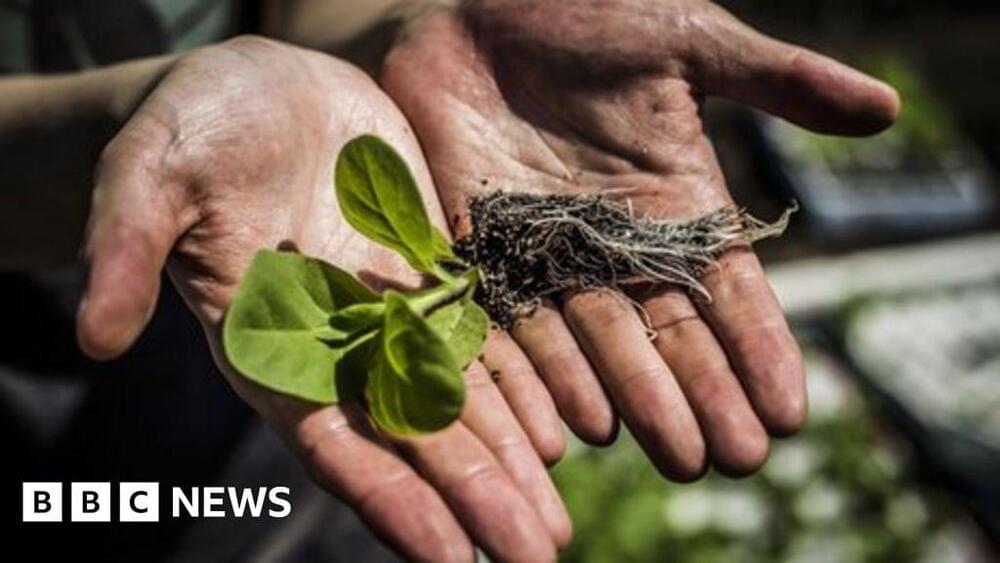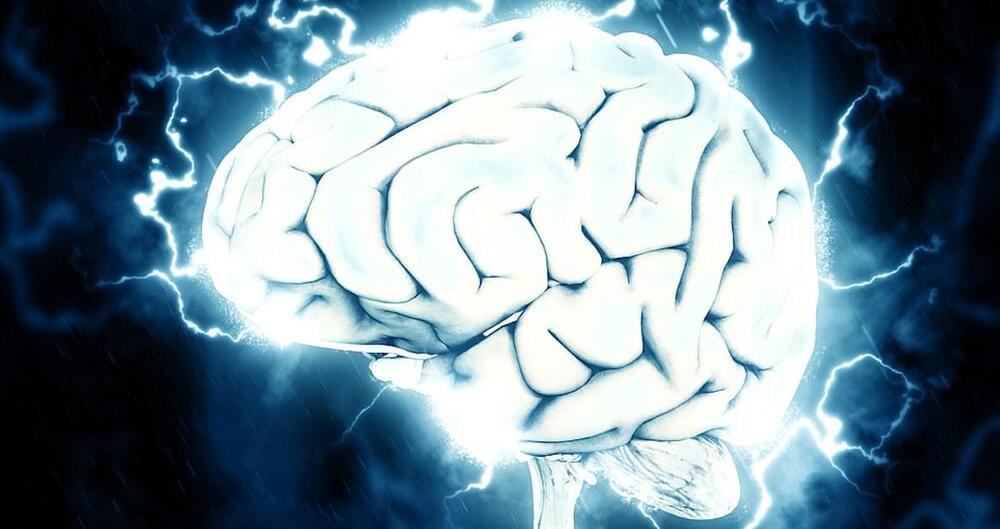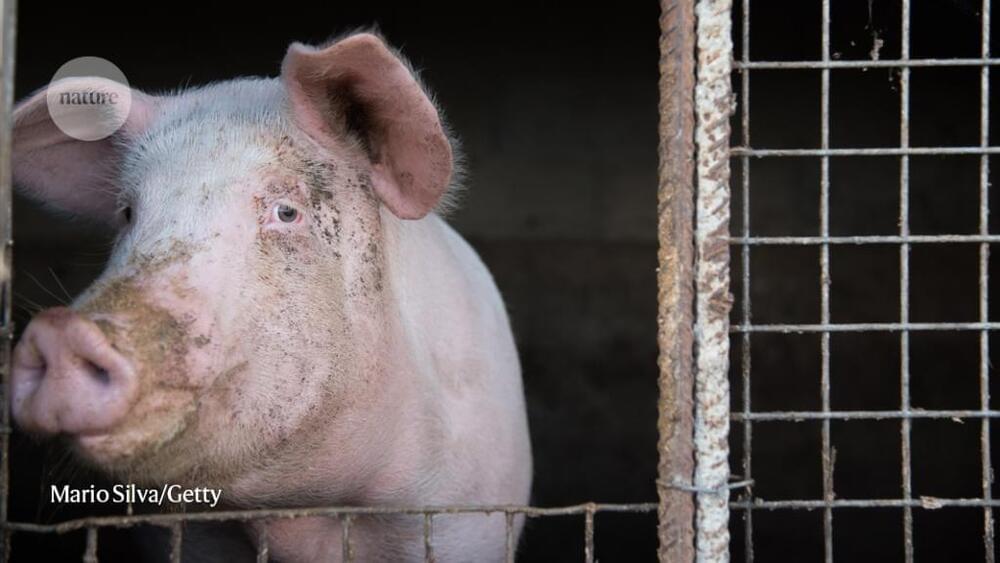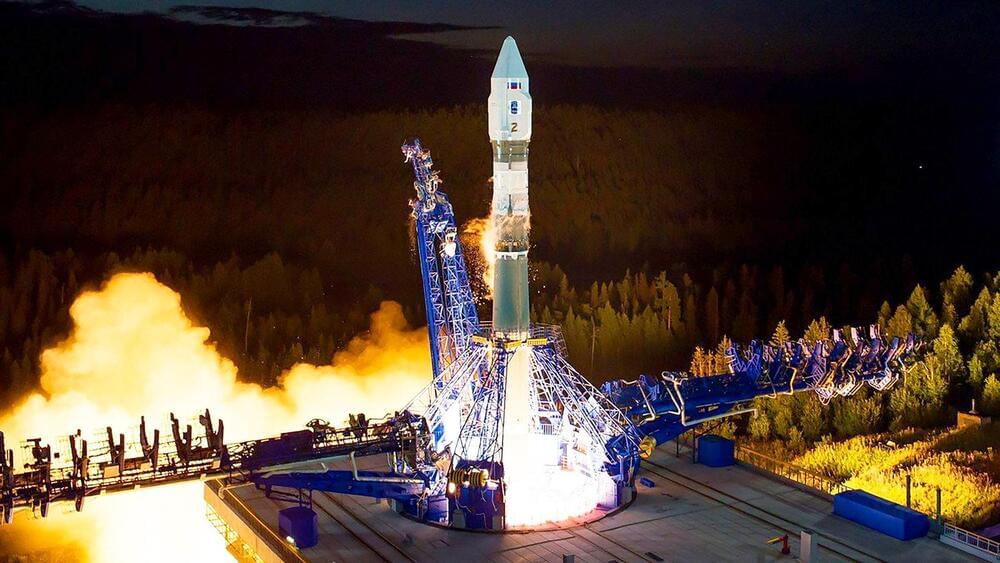Circa 2019
Scientists overcome a natural restriction in plants that could boost yields from important food crops.




The electrification of heating systems could play a significant role in building decarbonization. Heat pumps are emerging as a solution.
Iranian scientists have demonstrated a multi-layer silicon nanoparticle (SNP) solar cell based on nanoparticles that are densely stacked inside a dielectric medium. They considered different SNP structures and configurations to tailor these particles as a p–n junction cell.

“This is because SNPs are assumed to be the main absorber in the cell. Thus, any distance between them reduces the absorption of incident photons,” the group said.
They considered different SNP structures and configurations to tailor these particles as a p–n junction cell. They said this kind of cell could achieve a theoretical efficiency of around 11%.
With more than 2 billion ICEs with many still operating in 2050, the technology will have to be banned to achieve net-zero by mid-century.

Google has described how the researchers have combined machine learning and semantic engines to develop a novel Transformer-based hybrid semantic ML code completion. The increasing complexity of code poses a key challenge to productivity in software engineering. Code completion has been an essential tool that has helped mitigate this complexity in integrated development environments. Intelligent code completion is a context-aware code completion feature in some programming environments that speeds up the process of coding applications by reducing typos and other common mistakes.
Google AI’s latest research explains how they combined machine learning and semantic engine SE to develop a novel transformer-based hybrid semantic ML code completion. A revolutionary Transformer-based hybrid semantic code completion model that is now available to internal Google engineers was created by Google AI researchers by combining ML with SE. The researchers’ method for integrating ML with SEs is defined as re-ranking SE single token proposals with ML, applying single and multi-line completions with ML, and then validating the results with the SE.
A common approach to code completion is to train transformer models, which use a self-attention mechanism for language understanding, to enable code understanding and completion predictions. Additionally, google suggested employing ML of single token semantic suggestions for single and multi-line continuation. Over three months, more than 10,000 Google employees tested the model in eight programming languages.

Security researchers found a new service called Dark Utilities that provides an easy and inexpensive way for cybercriminals to set up a command and control (C2) center for their malicious operations.
The Dark Utilities service provides threat actors a platform that supports Windows, Linux, and Python-based payloads, and eliminates the effort associated with implementing a C2 communication channel.
A C2 server is how adversaries control their malware in the wild, sending out commands, configurations and new payloads, and receiving data collected from compromised systems.

